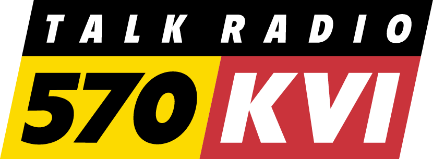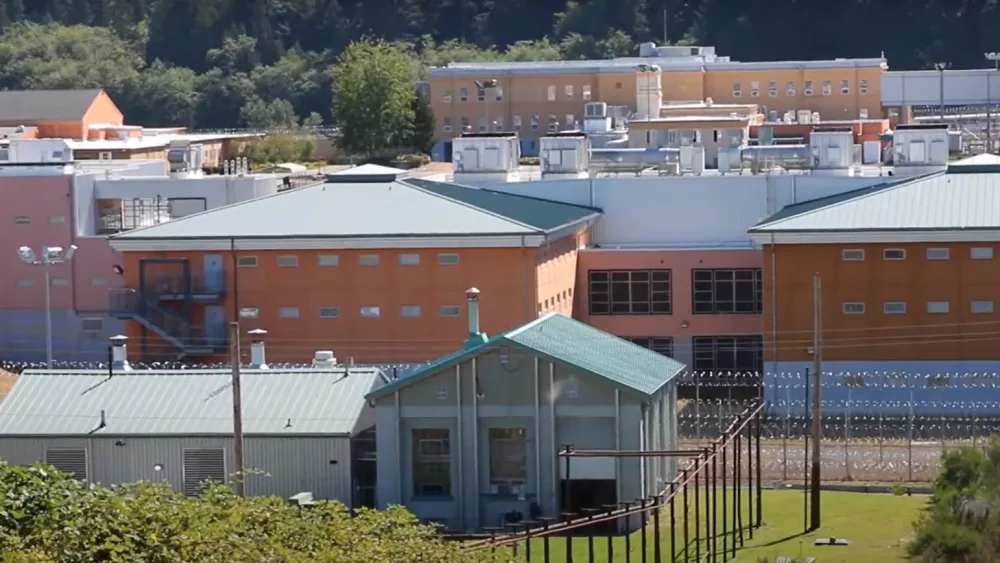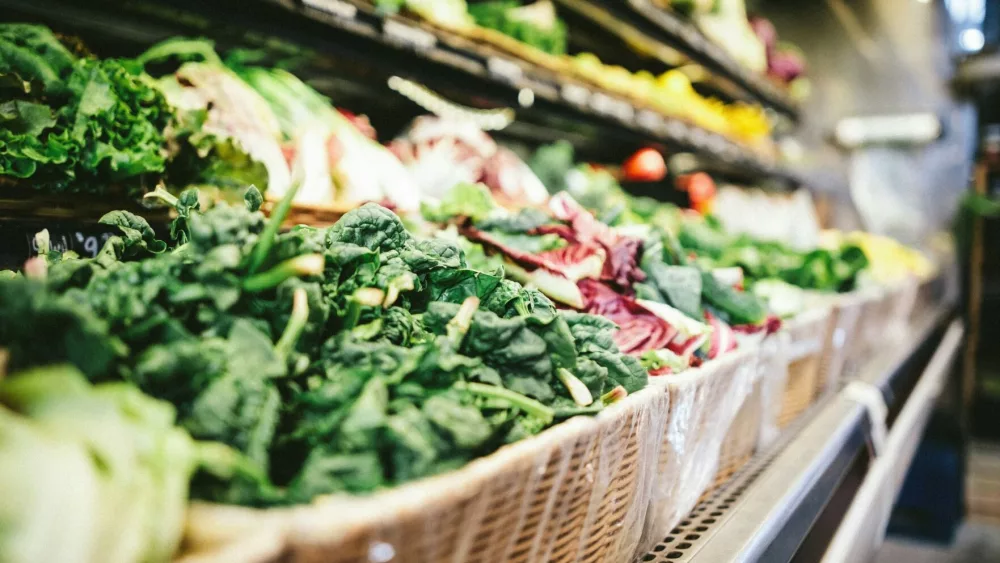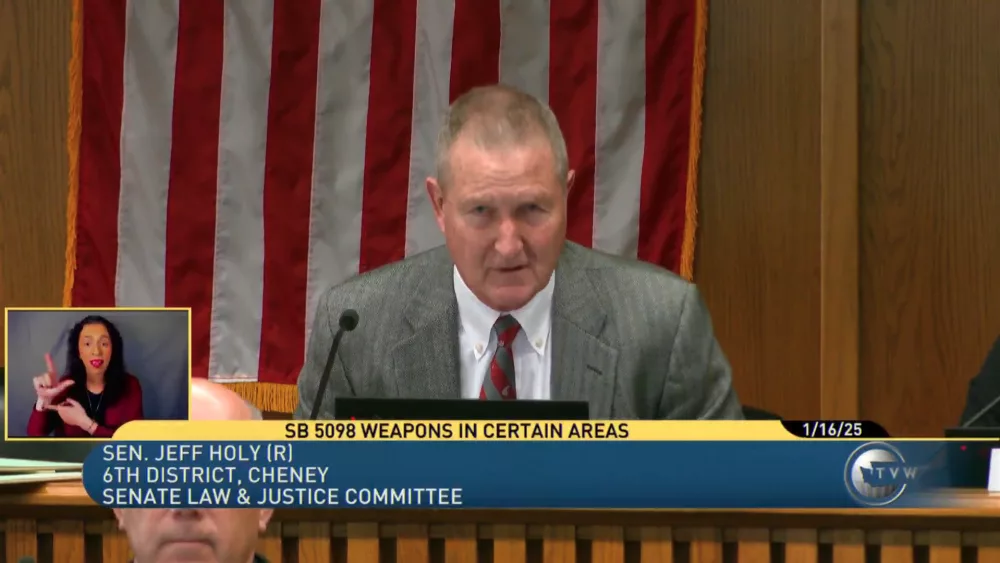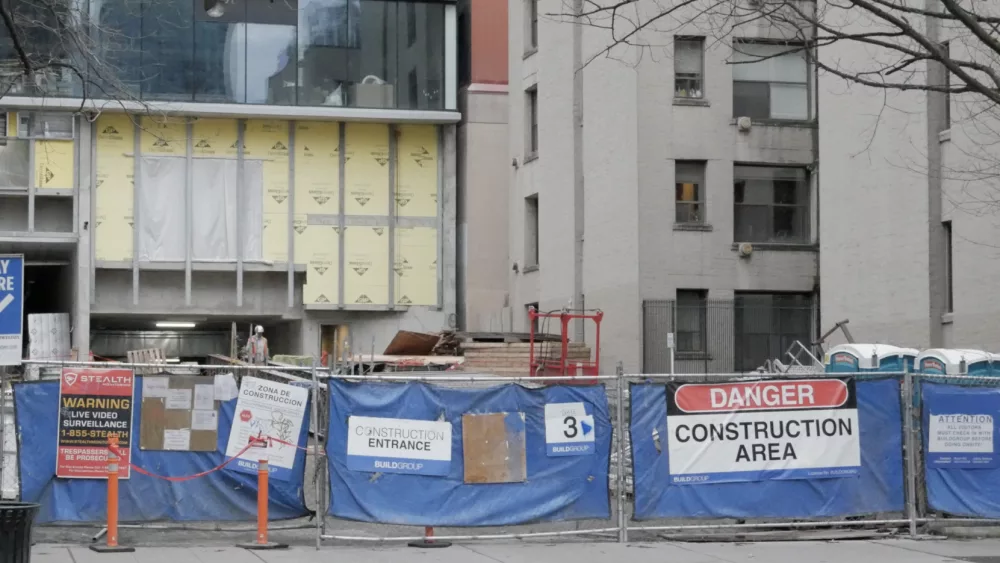(The Center Square) – Some of the biggest transportation projects in Washington state will likely end up costing far more – as in billions of dollars more – than lawmakers anticipated in previous budgets.
During a Thursday meeting with reporters ahead of Monday’s gavel into the 2024 legislative session, legislators discussed the potential impact of the COVID-19 pandemic, inflation, supply chain issues and labor shortages on transportation projects throughout the state.
The state Department of Transportation is still dealing with the effects of losing more than 400 employees during the pandemic due to Gov. Jay Inslee’s vaccine mandates.
“Finding workers to complete our transportation projects, finding concrete and steel; it’s all far more expensive, and so while it’s disappointing, it’s not surprising that we’ve seen significant cost escalations on some of our projects,” Transportation Committee Chair Sen. Marko Liias, D-Everett, said.
Liias emphasized he doesn’t want to see any projects already approved by the Legislature canceled but noted lawmakers will have to look at delaying some projects and find new money to pay for projects that have become more expensive.
Those projects include state officials – under a federal court order – replacing hundreds of fish-blocking culverts by 2030. The cost of doing that is expected to be about double what the state has budgeted, leaving a funding shortfall of approximately $3.5 billion to $4 billion.
“What is it, like $4 billion just kind of dropped on us out of nowhere?” Sen. Curtis King, R-Yakima, asked. “And the list goes on and on.”
Lawmakers will face some other tough transportation choices in the upcoming session.
“An example of that is something my constituents are not super excited about – increasing tolls on [Interstate] 405 to help cover the costs of increases there,” Liias said. “No one wants to pay more but I think we do need to look at ways that users of infrastructure can contribute more to it.”
The Washington State Transportation Commission is mulling toll increases on Interstate 405 and State Route 167.
The proposed toll hikes are meant to fill funding gaps in construction costs for planned improvements to the two corridors.
King, the ranking Republican on the Senate Transportation Committee, said the state should consider using sales taxes generated by auto sales to help pay for transportation projects.
That funding currently goes to the state’s general fund.
Majority party Democrats have for years pushed back on that idea, arguing it would result in cuts to other programs and services.
The issue of drunk driving also came up at the pre-session gathering.
Liias said serious consideration should be given to passing legislation that would lower the blood alcohol concentration limit for driving to .05% in Washington.
The current limit is .08%.
Rep. Eric Robertson R-Auburn, a former Washington State Patrol trooper, said lowering the BAC limit won’t matter if there aren’t enough police officers to make an arrest.
“We don’t have the boots on the ground to enforce the laws we currently have on the books,” he said. “We’re 50th in the nation when it comes to law enforcement officers per capita. So you can change all the laws you want, but you’re not going to have people to enforce them.”

